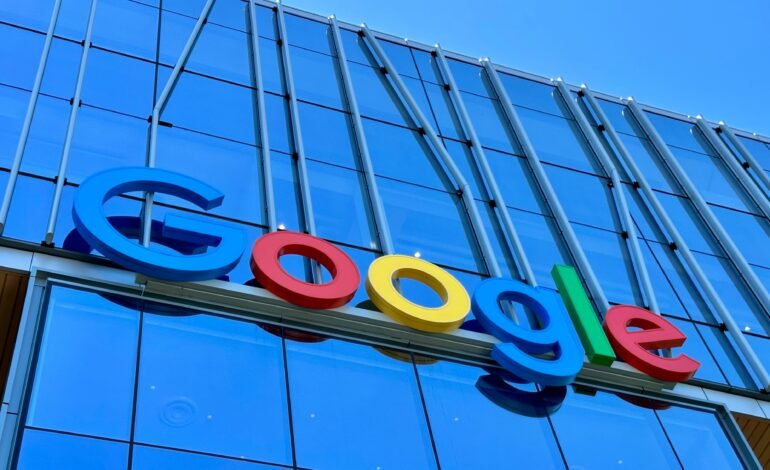Ruling forces Google to share data with competitors
Judge allows Google to retain Chrome and Android, but forces it to share key search data with rivals to ease its dominance.

Photo of Adarsh Chauhan in Unsplash
Federal Judge Amit Mehta concluded that Alphabet, Google's parent company, is not required to sell its Chrome browser or Android operating system, as requested by the Department of Justice (DOJ). However, the ruling requires Google to share certain search data with its rivals to foster more balanced competition in the digital marketplace.
The ruling, issued after more than five years of litigation, represents a partial victory for Google. Judge Mehta ruled that forcing the sale of Chrome or Android would be an excessive measure and potentially harmful to users and business partners.
Instead, he noted that sharing data with competitors could alleviate the competitive disadvantage created by Google's exclusive agreements with manufacturers and platforms.
Alphabet's stock reacted sharply to the news (between 6 1PT3Q and 8 1PT3Q). Furthermore, the ruling also preserves Google's multi-billion-dollar payments to Apple, which amount to approximately $20 billion annually to ensure its search engine is the default on Apple devices.
What has been Google's response?
Although Google will have to share indexing and user interaction data with search engines, it will not include advertising-related information. Furthermore, companies receiving this data will have to develop their own search technologies; that is, they won't be able to simply replicate Google's algorithms, which hinders any immediate competitive advantage.
In its official statement, Google expressed concern about how these provisions could affect user privacy and announced that it would carefully review the decision. For its part, the DOJ is evaluating whether to appeal the ruling, considering whether the measures imposed are sufficient to dismantle the monopoly.
This ruling is driven by artificial intelligence tools like ChatGPT and Perplexity, which challenge Google's traditional supremacy in search. The judge specifically mentioned this transformation as part of his assessment of the antitrust measures.
Meanwhile, Google still faces other legal challenges: a lawsuit over its ad tech business, as well as litigation related to its app store, such as that involving Epic Games, could also trigger new obligations.
For more stories like this, follow More Latin.
Sources:
